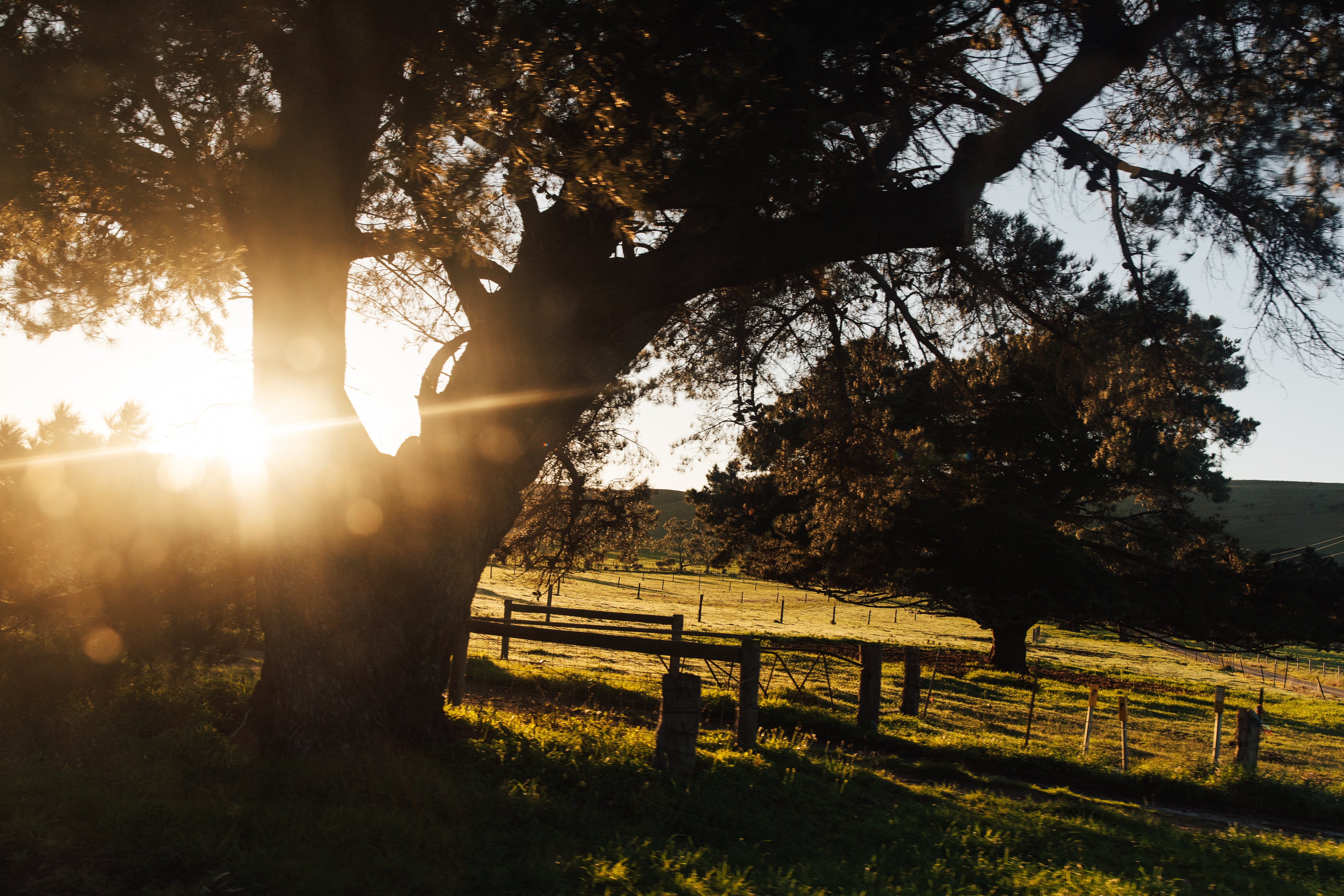
Live export decision sets dangerous precedent
Livestock producers are the ultimate optimists. But that optimism has been knocked recently with the Federal Government commencing work on phasing out live sheep exports from Australia by sea. A recently appointed panel will start a consultation process with various stakeholders, including Livestock SA, and will provide its report to Minister Watt by 30 September 2023 for the government’s consideration. Disappointingly, the consultation will not consider the merits or otherwise of the government’s 2019 policy on this issue.
The government has provided assurances that other livestock export industries, such as live cattle exports or live sheep exports by air, are not being considered and South Australian sheep haven’t sailed out of Port Adelaide since 2018. So, while this may appear to have minimal impact on South Australia’s sheep industry, it is actually a pivotal issue that sets a dangerous precedent. This process is about closing a legitimate agricultural industry for political reasons while ignoring overwhelming evidence of reform and improvement within the live sheep export industry. The decision also dismisses the enormous amount of work and investment by the livestock industry to become a world leader in animal welfare.
The live sheep export industry rightfully came under intense scrutiny following the Awassi Express incident in August 2017. Livestock producers were just as appalled and disappointed as the government and animal activist groups, and we collectively demanded things change as this wasn’t good enough. Export license cancellations, operational investigations, regulatory reviews and a significant strengthening of the rules surrounding the trade have been some of the corrective actions taken since.
Over the past few years, the trade has fundamentally changed. Industry initiatives, regulatory reviews and research have all contributed to continual improvements in animal welfare outcomes. Export companies have changed management practices in pre-export preparation and on the ships carrying sheep overseas. Automated environmental monitoring systems are now in use and older ships have been phased out. There is a moratorium on shipments to the Middle East during the northern hemisphere summer, and a significant increase in the space available for each animal on ships. Since 2017 there have been zero reportable mortality events under the reporting threshold, which was reduced from 2% to 1%. The industry has matured, and it is now more transparent than ever before.
The government believes it must implement the 2019 policy because it has taken that view to the last two elections. It is expected that governments will honour election commitments, although this seems to be selective given recent superannuation moves, but it is equally expected that at the time policies are put in place they are based on contemporary facts.
We appear to be living in an age that seems wilfully blind to reality, driven instead by opinion. I think we can all sympathise with the challenges the rise of social media and the 24-hour news cycle has presented for getting policy settings and our legislative frameworks right. Livestock SA will continue to strongly advocate for science based, responsible policies that secure a strong and sustainable future for the livestock industries we represent. Let’s hope that common sense returns in this instance, otherwise we risk the very foundations from which our industries, culture and identity that have evolved over hundreds of years quickly becoming phased out too.
By Travis Tobin